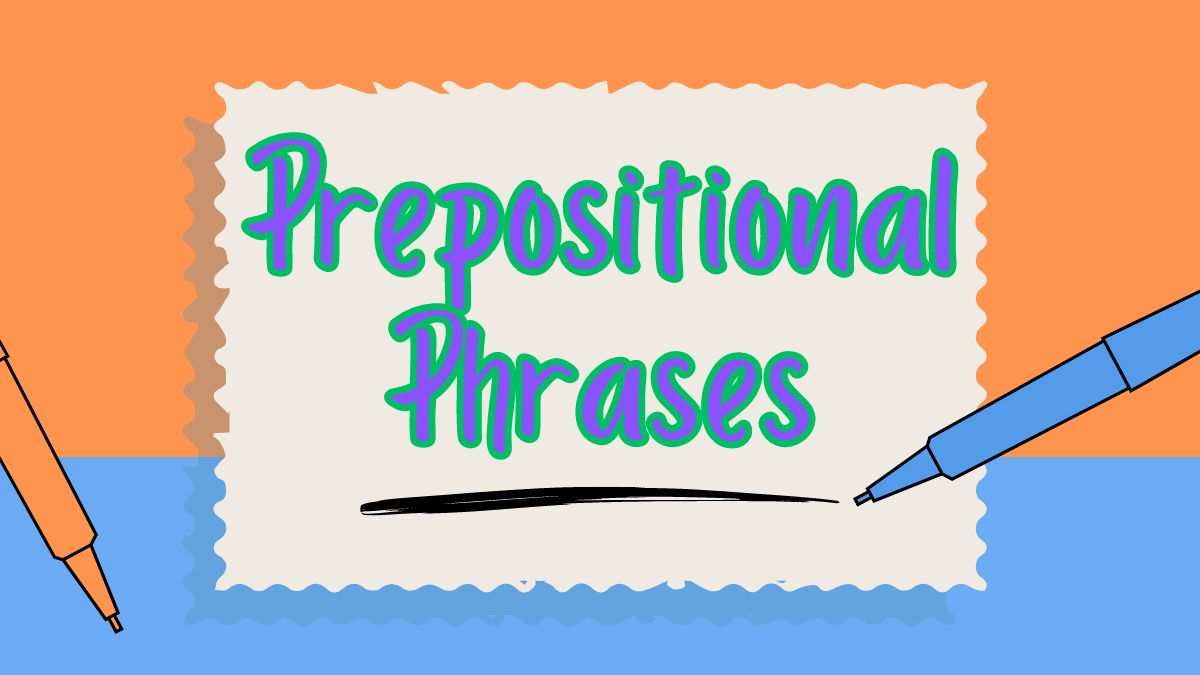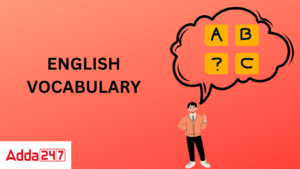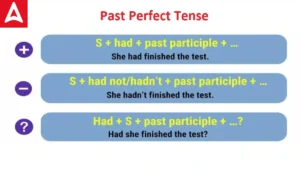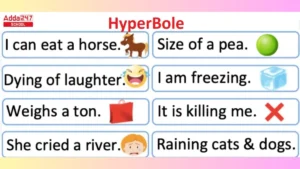Everyone of you must have studied and used preposition in school and daily life. One special types of preposition that are used quite often in the English language is Prepositional Phrase. The prepositional phrases are combinations of a preposition with some other words. Prepositional phrases play a key role in English grammar by providing additional information and situational context to sentences. Let us learn these special type of phrases in this post.
Prepositional Phrases
A grouping of words that includes a preposition, its object, and modifying words is known as a prepositional phrase. Typically, a prepositional phrase serves to modify either a verb or a noun. These two types of prepositional phrases are referred to as adverbial phrases and adjectival phrases, respectively.
Prepositional phrases are utilized in English to alter nouns or verbs. Different types are classified based on the part of speech they modify. They are able to improve understanding, define connections, and offer essential details. This article will give you the significance, explanation, application and instances of prepositional phrases. Additionally, test your comprehension of the subject by attempting the practice questions.
What is a Prepositional Phrase
A prepositional phrase consists of a preposition, a modifier, and its object. A prepositional phrase’s position in a sentence can be at the beginning, middle, or end, depending on its function within that specific sentence. Prepositional phrases are only a component of the sentence it modifies and are unable to exist independently. Some common examples are: in the nick of time, on Main Street, by the lake, etc.
Definition of Prepositional Phrases
The definition of the prepositional phrases as per the top English Grammar dictionaries is given below.
As per the Merriam-Webster Dictionary, a prepositional phrase is “a phrase that begins with a preposition and ends in a noun, pronoun, or noun phrase.”
Another definition of a prepositional phrase is given by the Macmillan Dictionary. According to it, a prepositional phrase “consists of a preposition followed by a noun group, pronoun, or ‘-ing’ form.
The Collins Dictionary defines a prepositional phrase as “a structure consisting of a preposition and its object. Examples are on the mat and by the river.”
Prepositional phrases are frequently used as adjuncts in clauses. For instance, in the sentences “I called about your advert” and “I learned a lot from reading crime fiction,” the prepositions “about your advert” and “from reading crime fiction” are used.
How to Use Prepositional Phrases
As previously mentioned, prepositional phrases can be used at the start, middle, or end of a sentence depending on the word or part of speech they are describing. When using prepositional phrases, there are some key points to remember, which are mentioned below:
- Every sentence would need a distinct preposition to make a prepositional phrase.
- Keep in mind that using an incorrect preposition can change the sentence’s meaning entirely and occasionally render it meaningless.
- If the phrase that starts with a preposition describes a noun, it acts as an adjective and is classified as an adjectival phrase.
- At times, a prepositional phrase can modify the verb in a sentence and is viewed as an adverbial phrase because it functions like an adverb.
Prepositional Phrases that Modify Verbs
If a prepositional phrase modifies a verb, we classify it as behaving adverbially since adverbs change verbs. An adverbial phrase is a prepositional phrase that acts as an adverb.
Example 1: To find the person who stole the last bag, look behind you.
Example 2: Harry drank his cold drink with fervor.
The first sentence provides an answer to the query “Look where?” The second passionately responds to the query, “Drank how?”
Prepositional Phrases that Modify Nouns
When a noun is affected by a prepositional phrase, we describe it as acting adjectivally due to adjectives modifying nouns. An adjectival phrase is a prepositional phrase that acts like an adjective, as its name suggests.
Example 1: The dog in the middle is the cutest.
Example 2: I always buy my tea from the convenience store on Main Street.
Example 3: My father has always wanted to live in a cabin by the lake.
The writer’s choice for the cutest cat is addressed in the middle of the first of these phrases. In a similar vein, the writer informs us whose store on Main Street she is describing, and by the lake, she describes the kind of cabin her mother is dreaming of. These adjectival phrases all provide a noun more specificity to improve our comprehension.
Prepositional Phrases that Acts as Nouns
Occasionally, prepositional phrases can act as nouns in a sentence. See the examples given below to understand this concept.
- During the national anthem is the worst time to blow your nose.
-
After the game will be too late for us to go to dinner.
Examples of Prepositional Phrases
Now, let’s examine a few instances of prepositional phrases to grasp their usage in sentences. The prepositional phrases can be used at the end of a sentence, in the middle of a sentence or at the beginning of a sentence. Check all types of examples below.
Examples of Prepositional Phrases at the End of Sentence
- The book was kept under the table.
- I went to the departmental store across the street.
- We were planning to order pizza during the break.
Use of Prepositional Phrases in the Middle of Sentence
- The shop on the fourth street has really good muffins.
- The man with the big moustache had come to the house today noon.
- The boy in the second row is the one who has recently joined.
Prepositional Phrases at the Beginning of a Sentence
- After trying multiple times, Tom finally cleared the equation.
- Before we start class, I would like to talk to him about something.
- According to the weather forecast, the next three days are expected to be very sultry.
Prepositional Phrases Exercise
Determine which prepositional phrases in the following sentences are adjectival or adverbial phrases by pointing them out.
- The boy in the white t-shirt is my cousin.
- He gave up without trying.
- The book in the last shelf is the one I read last week.
- The little girl jumped with excitement when she saw the new bicycle her father bought her.
- The apartment on the left has just been vacated.
- At the end of the event, Mrs. Smitha thanked everyone for making time and being there.
- The seat near the window is mine.
- During the pandemic, many people lost their jobs.
- Jerry, unlike many others, likes to read historical books.
- From there, we went to the vintage car museum.
Answers:
- Examine your responses to see how well you grasped the idea of prepositional phrases.
- The boy in the white t-shirt is my cousin. – Adjectival phrase
- He gave up without trying.- Adverbial phrase
- The book in the last shelf is the one I read last week. – Adjectival phrase
- The little girl jumped with excitement when she saw the new bicycle her father bought her. – Adverbial phrase
- The apartment on the left has just been vacated. – Adjectival phrase
- At the end of the event, Mrs. Smitha thanked everyone for making time and being there. – Adverbial phrase
- The seat near the window is mine. – Adjectival phrase
- During the pandemic, many people lost their jobs. – Adverbial phrase
- Jerry, unlike many others, likes to read historical books. – Adjectival phrase
- From there, we went to the vintage car museum.- Adverbial phrase
| Related Articles | |
| Compound Prepositions | Pronoun |
| Verb | Adverb |
| Conjunction | Adjective |











 Vocabulary Words with Meaning and Senten...
Vocabulary Words with Meaning and Senten...
 Past Perfect Tense: Definition, Formula,...
Past Perfect Tense: Definition, Formula,...
 Hyperbole- Explanation, Definition, Exam...
Hyperbole- Explanation, Definition, Exam...














